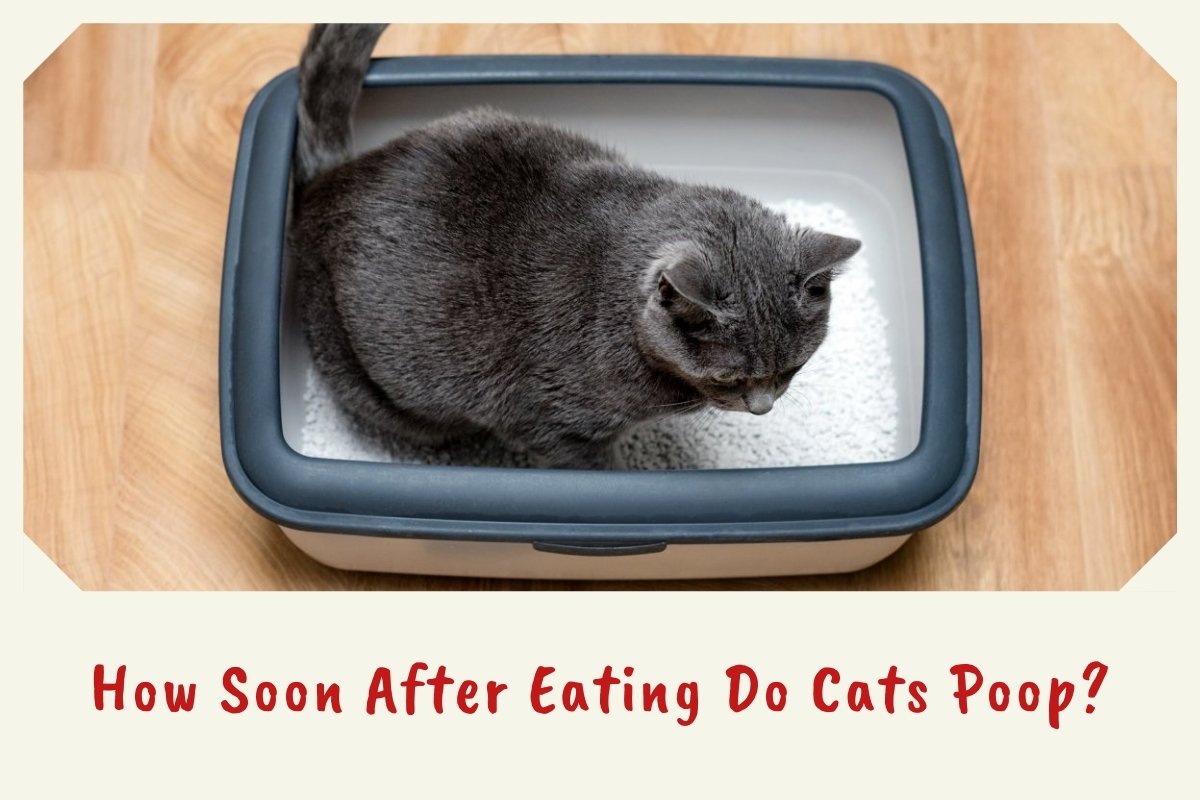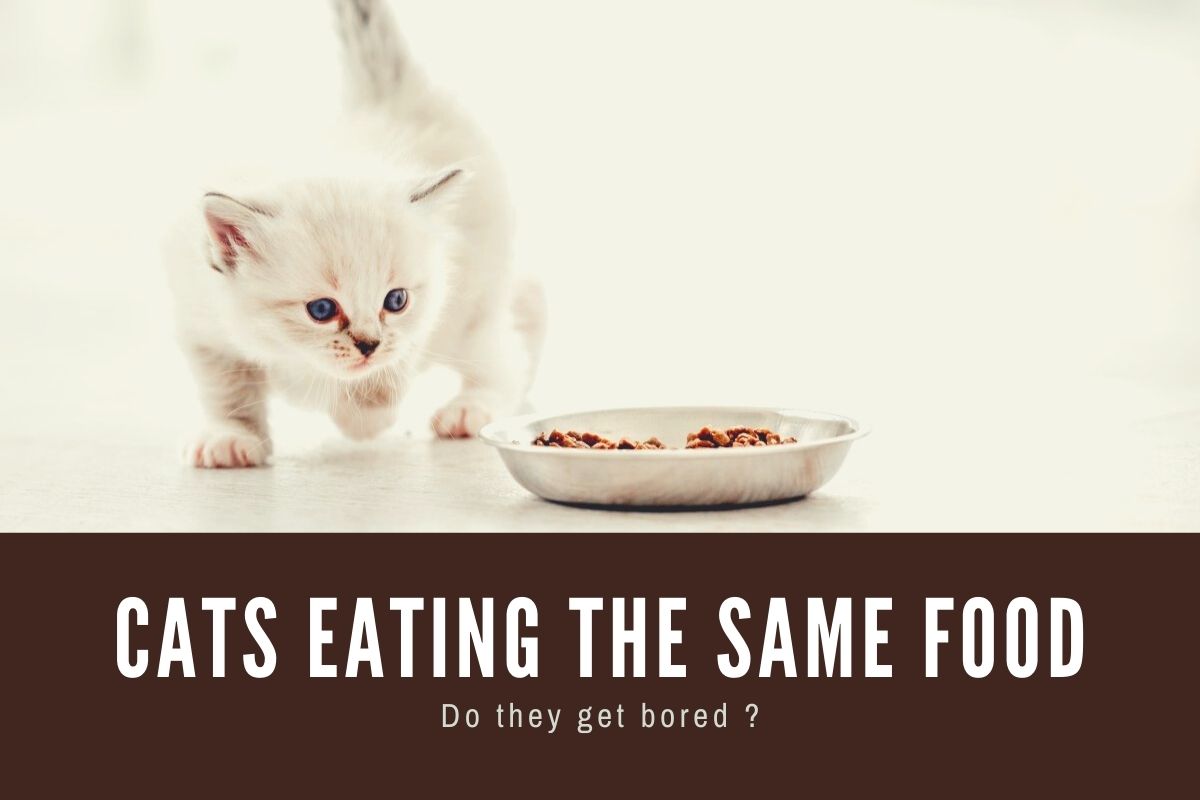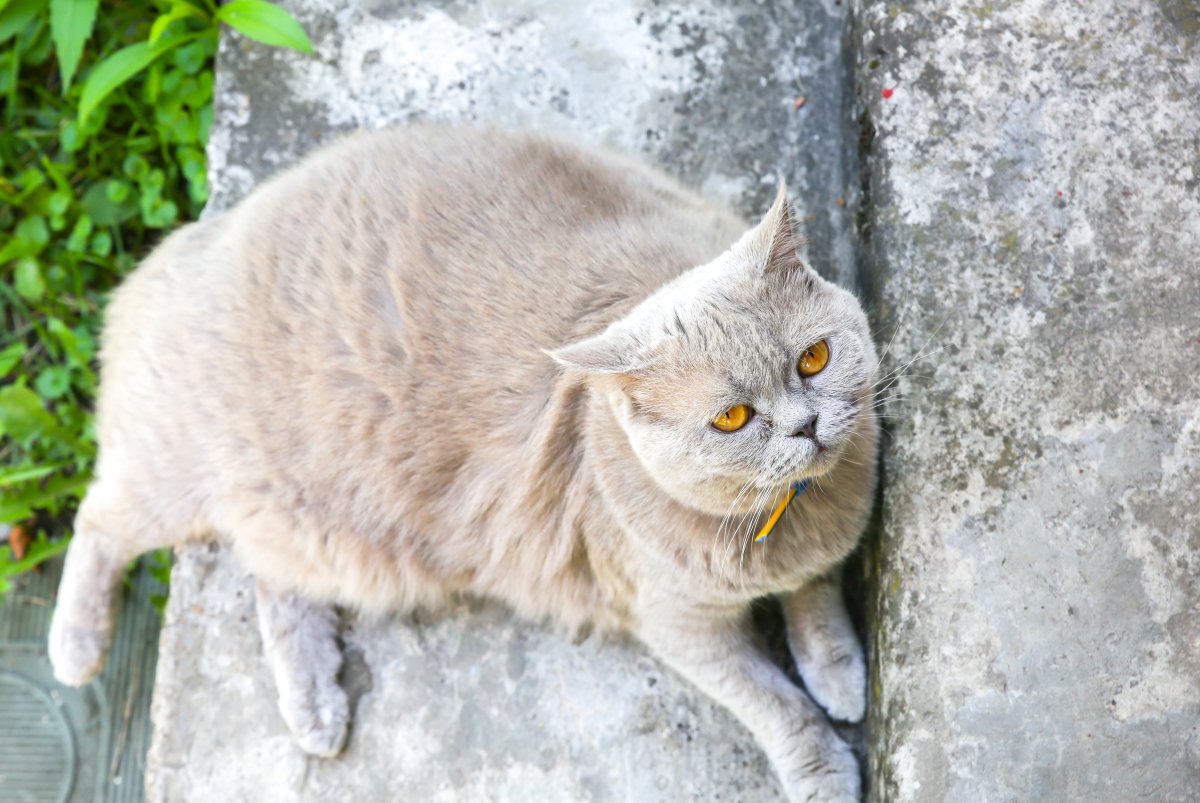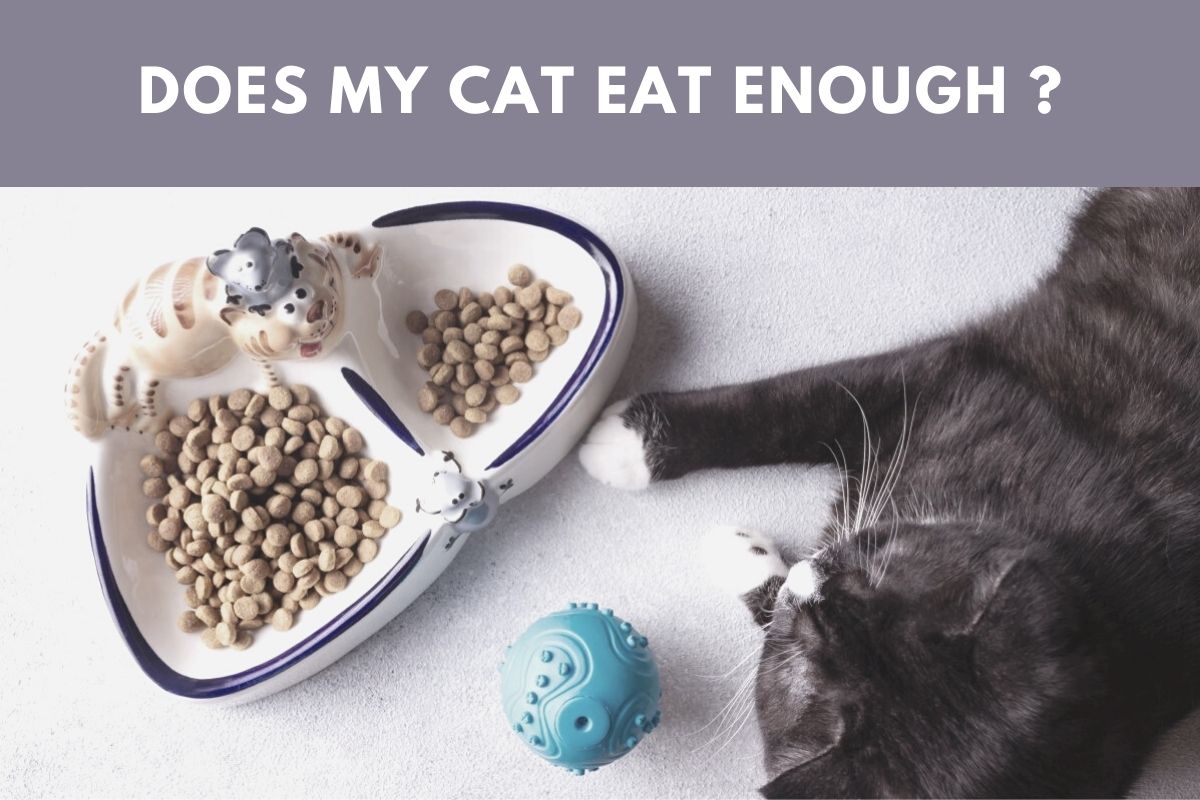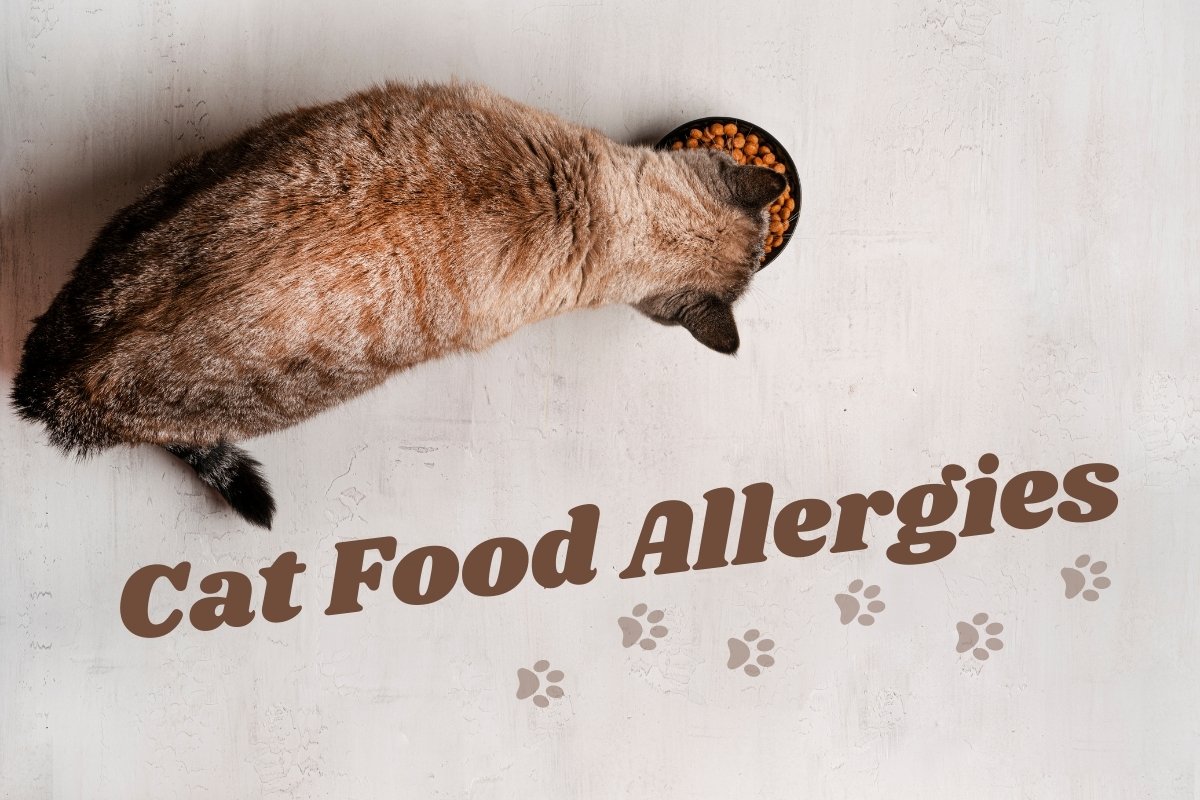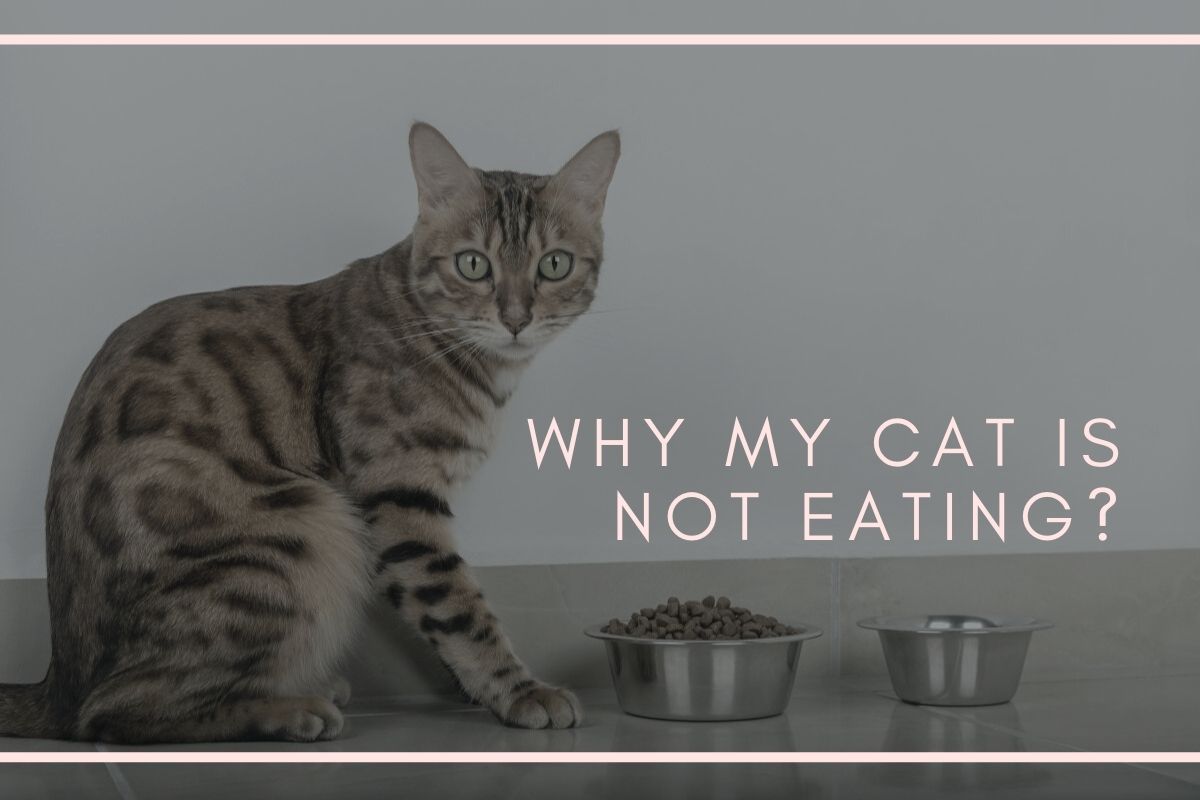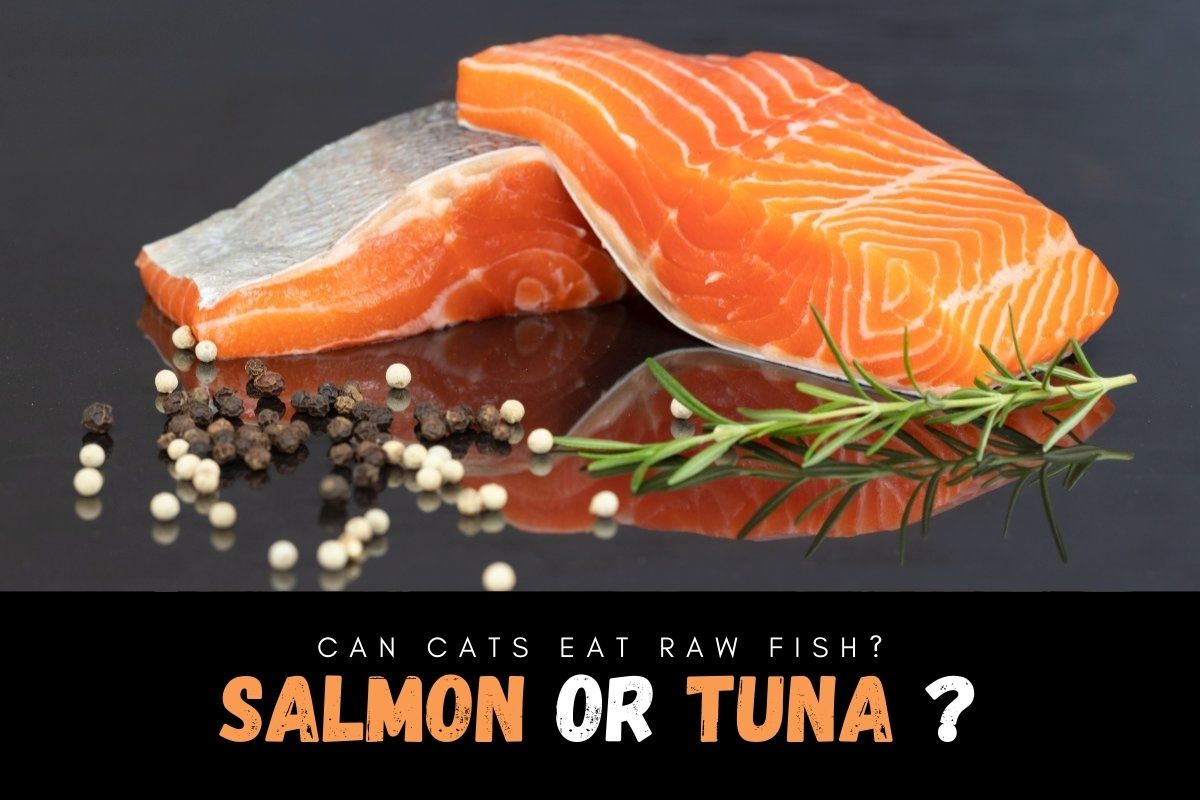A cat’s poop can gauge its health condition and identify any problems related to the cat’s digestion and whatnot. There is a lot you can learn about your cat’s health simply by examining the condition of their waste.
Whether you are a new cat parent who has just adopted a kitten or are just taking care of someone else’s cat for the weekend, this guide will help you ensure that the cat is eating and pooping in the way it should.
How Long Does It Take a Cat to Digest Food?
Typically, a healthy cat digests its food between 7-12 hours from the point of consumption. Hence they are expected to release their waste after that period. Compared to other animals, cats tend to take longer to digest their food despite having small bodies.
However, because it takes a cat such a long time to digest its food, this allows the species to rely on fewer meals and calories daily. They may even consume just one meal a day.
How Often Should a Cat Eat?
You can expect your cat to eat one or two meals a day since it takes their bodies such a long time to digest food, so long as it does not have any digestion problems or other health-related issues. It is worth noting that a change in your cat’s poop or eating routine may indicate digestive problems involved, making it difficult for your cat to break down the food.
Problems such as constipation or blockage can also affect your cat’s poop and digestion; therefore, it is crucial to quickly identify the case to prevent further complications.
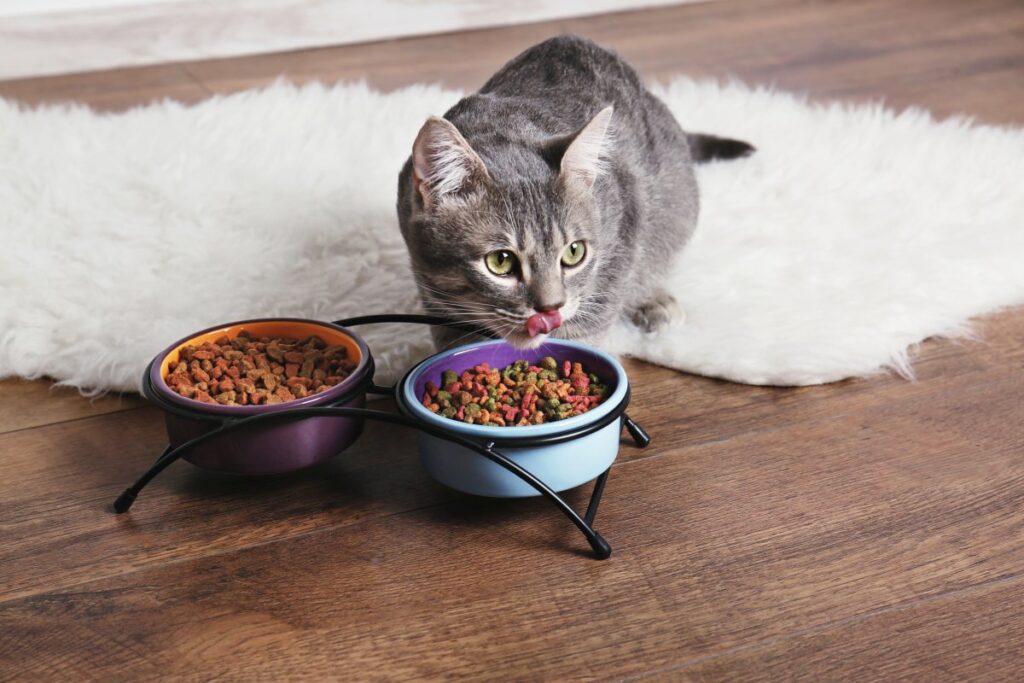
How Long Is a Cat’s Pooping Session?
To determine any digestion problems in your cat, you should know the average time it takes for a cat to defecate. You do not necessarily have to use a stopwatch to time it precisely, but be mindful of how long it takes your cat.
A cat’s poop session should be completed between two to three minutes. With that being said, if you notice your cat taking longer than that, it may indicate that your cat has trouble digesting the food, affecting how it passes the waste.
How to Examine Your Cat’s Poop?
For a healthy cat, the waste it produces should fit certain criteria. That being, a poop that is dark brown, consistency wise it should be not too hard and not too soft but somewhere between the middle. In terms of smell, it should not be so potent that it becomes overwhelming.
While cleaning your cat’s poop, it is worthwhile to check their waste to look for any unusual signs. This is a great way to identify any medical issues that may have been otherwise difficult to spot.
In addition to that, you should also keep an eye out for any signs of worms present in your cat’s poop, regardless of how unbearable and disgusting it may be. However, worms in a cat’s poop are not a sign of problems with digestion but rather some other medical issue.
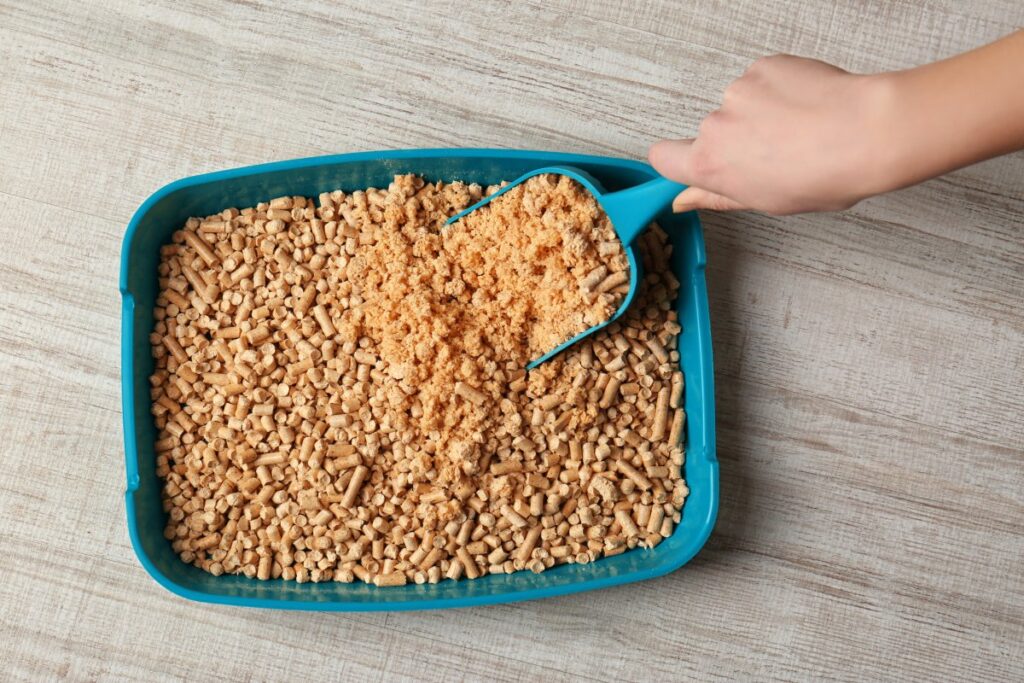
Signs and Causes of Your Cat’s Constipation
To determine if your cat has constipation, try to notice if it is straining a lot in the litter when it goes to poop. Moreover, your cat may be constipated if there is little to nothing produced in the litter once they get out.
However, it is common for cats to become constipated for short periods and rare occasions, so you should not worry too much. But if it is regularly, you might want to consider getting your cat checked up by the vet. Now, as for the causes for a cat’s constipation, some of them include
- Some sort of a blockage in the cat’s colon. For example, a bone may be present, acting as a blockade for the feces.
- Too much hair accumulated in the cat’s digestive tract, usually due to over-grooming.
- Your cat’s diet may be lacking in fiber which helps in digestion
- Problems related to kidney
What You Should Do if Your Cat Is Constipated
As humans, we understand the frustration and discomfort caused by constipation. So as a cat parent, you want to make sure your cat does not have to deal with the same issues and that your cat’s poop is healthy.
Therefore, one of the ways that you can help is by feeding your cat foods rich in fiber or simply providing foods that are easier for your cat to digest. To figure out what those foods might be, it is best to consult with your vet, who will give you expert advice.
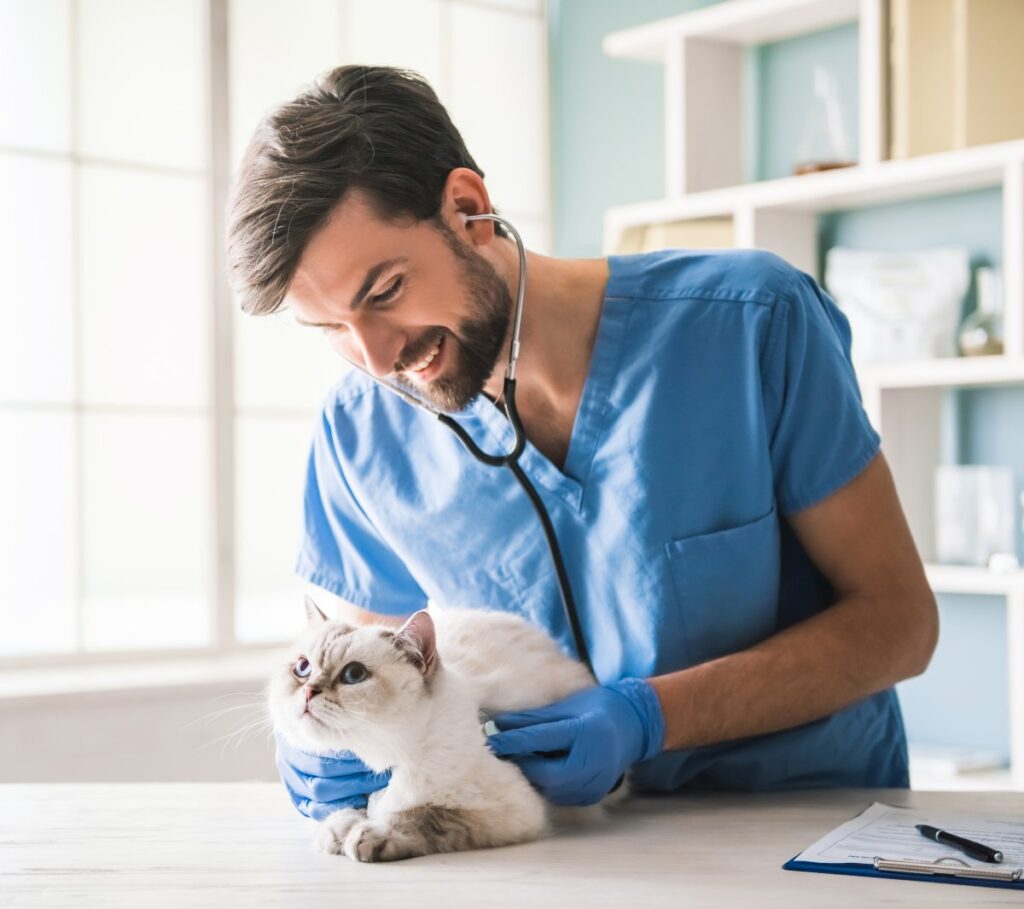
But other than that, ensuring that your cat stays active and gets a lot of movement going can also be a helpful way to counter constipation. This is because more exercise will make your cat thirsty and consume more water and this ultimately helps the waste in their bodies move with much more ease.
How to Help Your Cat When Dealing With Digestive Issues
Helping your cat recover is not a day’s work despite taking him to the vet. You must treat him with more compassion, just how you would like a sick family member. Making sure your cat is comfortable and relaxed is key. So do not hesitate to offer treats, let him sleep with you, and give more pats and rubs and everything your cat appreciates.
Conclusion
It is important to pay close attention to your cat’s litter activities to avoid any latency with identifying digestive problems in your cat. Your cat’s poop is the place to start, so make sure you examine it for any signs of irregularities.
Regardless, regularly taking your cat to the vet is an easy and simple way to address any health issues before they become more severe and complicated.

